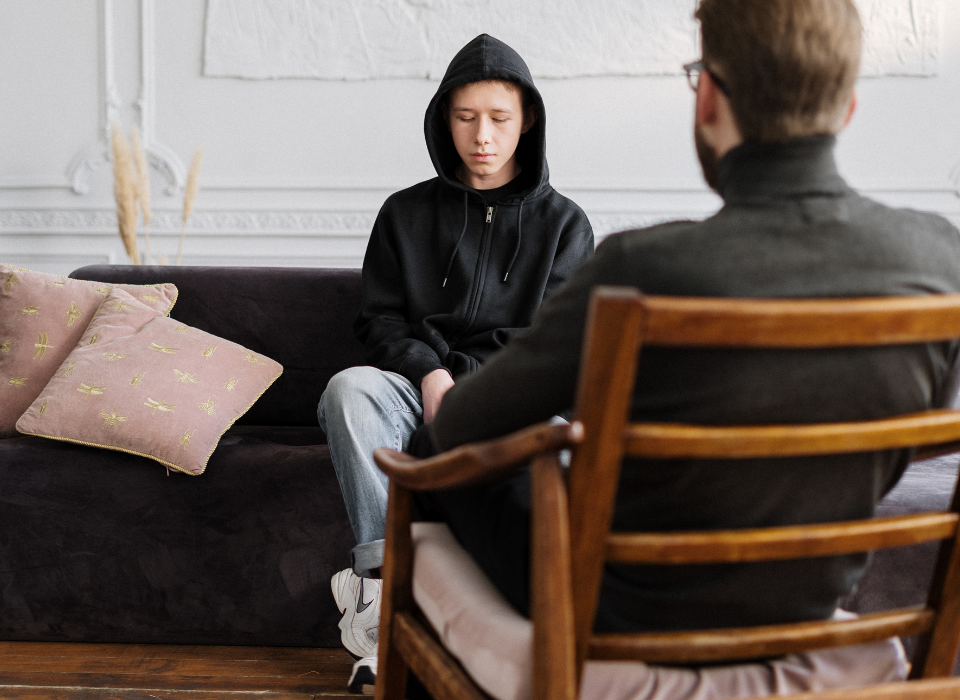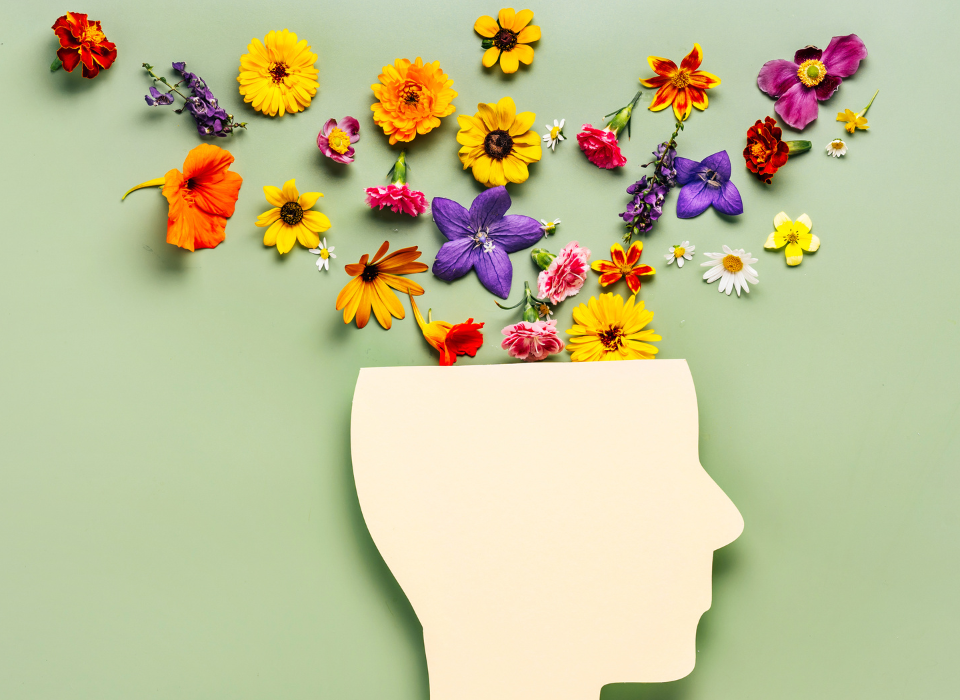
Understanding Prenatal Depression: Signs, Symptoms, and Treatment
April 19, 2024
Breaking the Stigma: Understanding and Addressing Mental Health Challenges
April 25, 2024
Welcoming a new life into the world is often portrayed as a joyous occasion filled with love and happiness. However, the reality can be far from this idealized image. Postpartum depression (PPD) is a common yet often overlooked condition that affects a significant number of new mothers. Coping with PPD can be challenging, but it’s essential to remember that help and support are available. In this article, we’ll explore various strategies to cope with postpartum depression, including medications, therapy, and natural remedies.
Understanding Postpartum Depression
Before diving into coping strategies, it’s crucial to understand what postpartum depression is and its potential impact. PPD is a mood disorder that affects women after childbirth, characterized by feelings of sadness, anxiety, and exhaustion. It can interfere with daily activities and significantly impact maternal-infant bonding.
Medications for Postpartum Depression
For some women, medication may be an effective treatment option for managing PPD symptoms. Antidepressants, such as selective serotonin reuptake inhibitors (SSRIs) and serotonin-norepinephrine reuptake inhibitors (SNRIs), are commonly prescribed. These medications help regulate neurotransmitters in the brain and can alleviate symptoms of depression. However, it’s essential to talk with a healthcare provider to determine the most suitable medication and dosage, especially for breastfeeding mothers.
Postpartum Depression Therapy
Therapy is another valuable tool in coping with postpartum depression. Cognitive-behavioral therapy (CBT), interpersonal therapy (IPT), and psychodynamic therapy are among the approaches commonly used to treat PPD. These therapies provide a supportive environment for mothers to explore their feelings, address underlying issues, and develop coping strategies. Additionally, group therapy or support groups can offer peer support and reassurance that mothers are not alone in their struggles.
Natural Help for Postpartum Depression
In addition to medical and therapeutic interventions, some women find relief from postpartum depression through natural remedies and lifestyle changes. Here are some strategies to consider:
1. Healthy Lifestyle Habits
Maintaining a healthy lifestyle can positively impact mood and overall well-being. Getting an adequate amount of sleep, eating nutritious meals, and engaging in regular physical activity can help alleviate symptoms of depression.
2. Social Support
Building a strong support network is crucial for mothers experiencing postpartum depression. Surrounding yourself with understanding family members, friends, or support groups can provide emotional and practical assistance when needed.
3. Mindfulness and Relaxation Techniques
Mindfulness, meditation, or deep breathing exercises can help reduce stress and promote relaxation. These techniques can be particularly beneficial for managing anxiety and overwhelming emotions associated with postpartum depression.
4. Herbal Supplements
Some women find relief from postpartum depression symptoms by incorporating herbal supplements into their routines. St. John’s wort, omega-3 fatty acids, and saffron are among the natural remedies that have shown potential in alleviating depressive symptoms. However, it’s essential to consult with a healthcare provider before starting any herbal supplement regimen, especially for breastfeeding mothers.
Seeking Help is Key
Coping with postpartum depression can feel like an uphill battle, but it’s essential to remember that help is available. Whether through medication, therapy, or natural remedies, there are various strategies to manage PPD symptoms effectively. However, seek support and guidance from healthcare professionals to determine the most appropriate treatment plan for your needs.
Postpartum depression is a significant challenge for many new mothers, but it’s essential to know that you’re not alone. By utilizing a combination of medications, therapy, and natural remedies, you can effectively cope with PPD and work towards recovery. Remember to prioritize self-care, seek support from loved ones, and contact healthcare providers for assistance. With the right resources and support system, you can navigate through this challenging time and emerge stronger on the other side.
_________________________________________________________________________________
Looking for treatment for an eating disorder, anxiety, depression, trauma, or postpartum mood disorder?
Evolve Counseling Services is a specialized team of Licensed Therapists providing treatment in Paoli.



